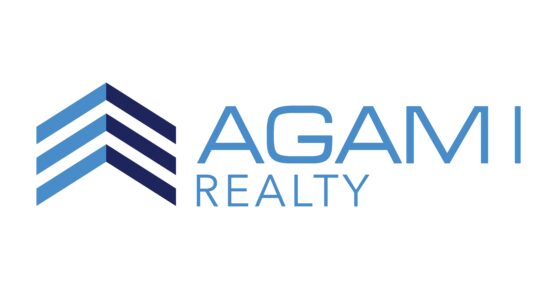India has made a historic leap in the real estate sector, entering the “Transparent” tier for the first time in the Global Real Estate Transparency Index (GRETI) 2024, as reported by JLL. This advancement marks a significant milestone for the country, driven by robust regulatory frameworks, enhanced climate risk disclosure, streamlined building regulations, and digitized land records.
The latest GRETI report highlights India as the top global improver for 2024, showcasing notable progress in transaction processes and market fundamentals. India’s enhanced transparency extends to sustainability and performance measurement, although further improvements are still needed.
Samantak Das, Chief Economist and Head of Research & REIS at JLL India, emphasized, “India’s rise to the transparent tier reflects increased institutional participation and the adoption of best practices in the commercial real estate market. The growth of Real Estate Investment Trusts (REITs) and standardized valuation processes have fostered market efficiency. With office REITs representing 12% of Grade A office stock, there is substantial potential for expansion. Regulatory advancements such as the Real Estate (Regulation and Development) Act (RERA) and the Insolvency and Bankruptcy Code have bolstered investor protection. Furthermore, digital land registry and stringent oversight by RBI and SEBI have established a strong regulatory environment. India’s commitment to sustainability is evident, with WELL certification for 70 million sq. ft of real estate in 2023, marking a 40% increase from 2021.”
Karan Singh Sodi, Senior Managing Director at JLL Mumbai and Gujarat, and Head of Alternatives in India, noted, “India’s achievement in GRETI underscores the collective efforts of the industry and government, positioning the country to attract increased capital inflows and elevate its global standing. Markets with high transparency attract 80% of global capital flows. However, the report indicates that further improvements are needed, especially in dispute resolution mechanisms. To advance further, India must focus on democratizing data access, enhancing institutional participation in public markets, and deepening its commitment to sustainability. This is crucial as India anticipates near-record capital inflows into real estate, with USD 4.8 billion recorded in the first half of 2024.”
India’s progress in transparency is marked by its significant leap from previous rankings. The country now ranks among the top ten globally for transaction processes and 12th for market fundamentals. Key factors driving this advancement include increased institutional participation, better access to asset-level information, and reduced information asymmetry. While regulatory and legal improvements have been substantial, the need for more efficient dispute resolution mechanisms remains.
The report also notes that India’s performance in transparency improvement is unparalleled in the Asia-Pacific region and globally. The expansion of the REIT market, coupled with regulatory enhancements and green initiatives, has played a crucial role in this advancement.
To move to the next tier of transparency, India must adopt more detailed investment performance indices, enhance data coverage for alternative sectors, improve public beneficial ownership records, and intensify its commitment to environmental, social, and governance (ESG) criteria. This includes reporting on nature-related risks, resilient building standards, biodiversity, and green leases. As the real estate cycle evolves in 2024, countries with deep market understanding and transparency are expected to lead in real estate liquidity and recovery.
Also Read: The Rise of Real Estate in Thane & Kalyan: Quality, Sustainability, and Affordability









